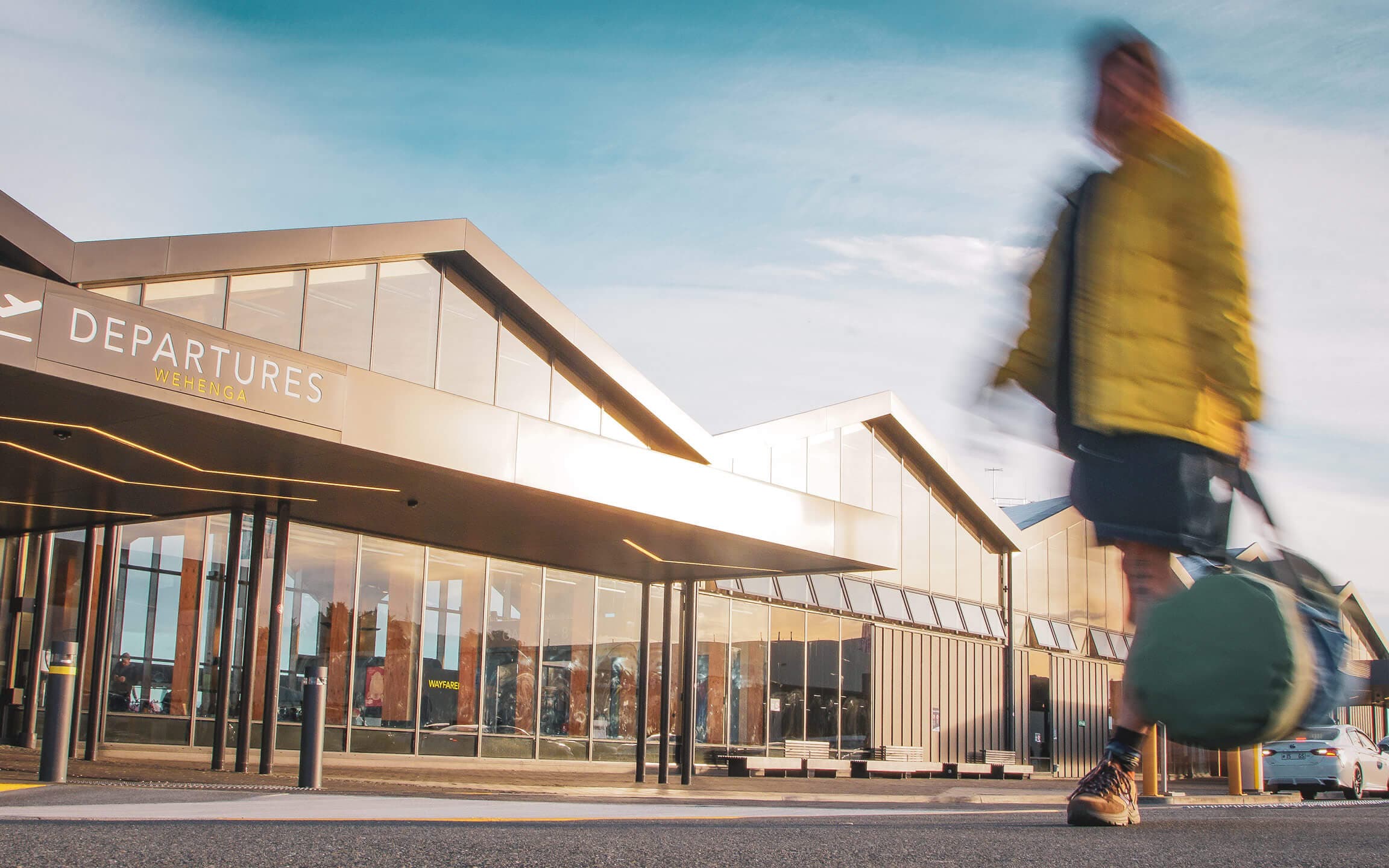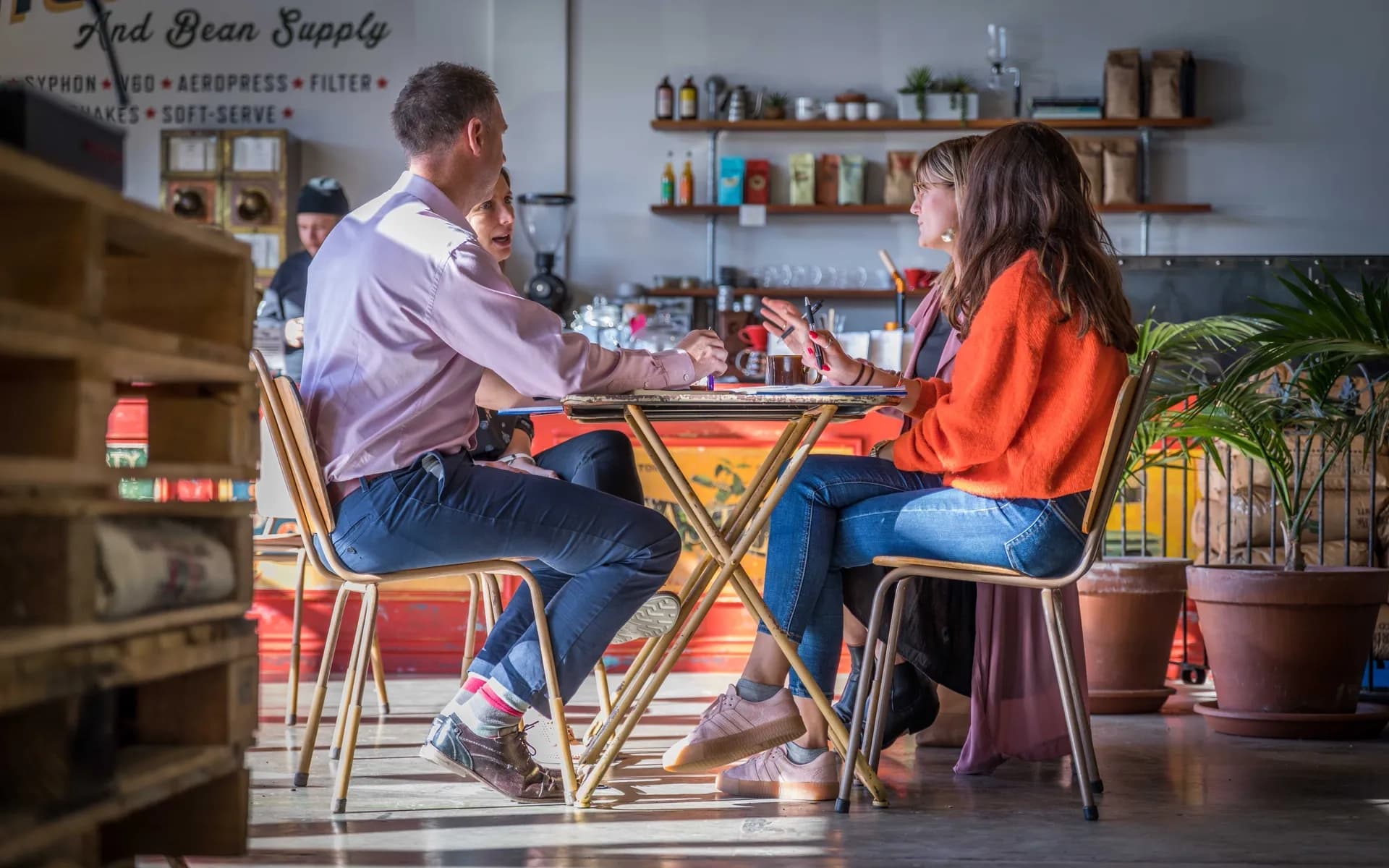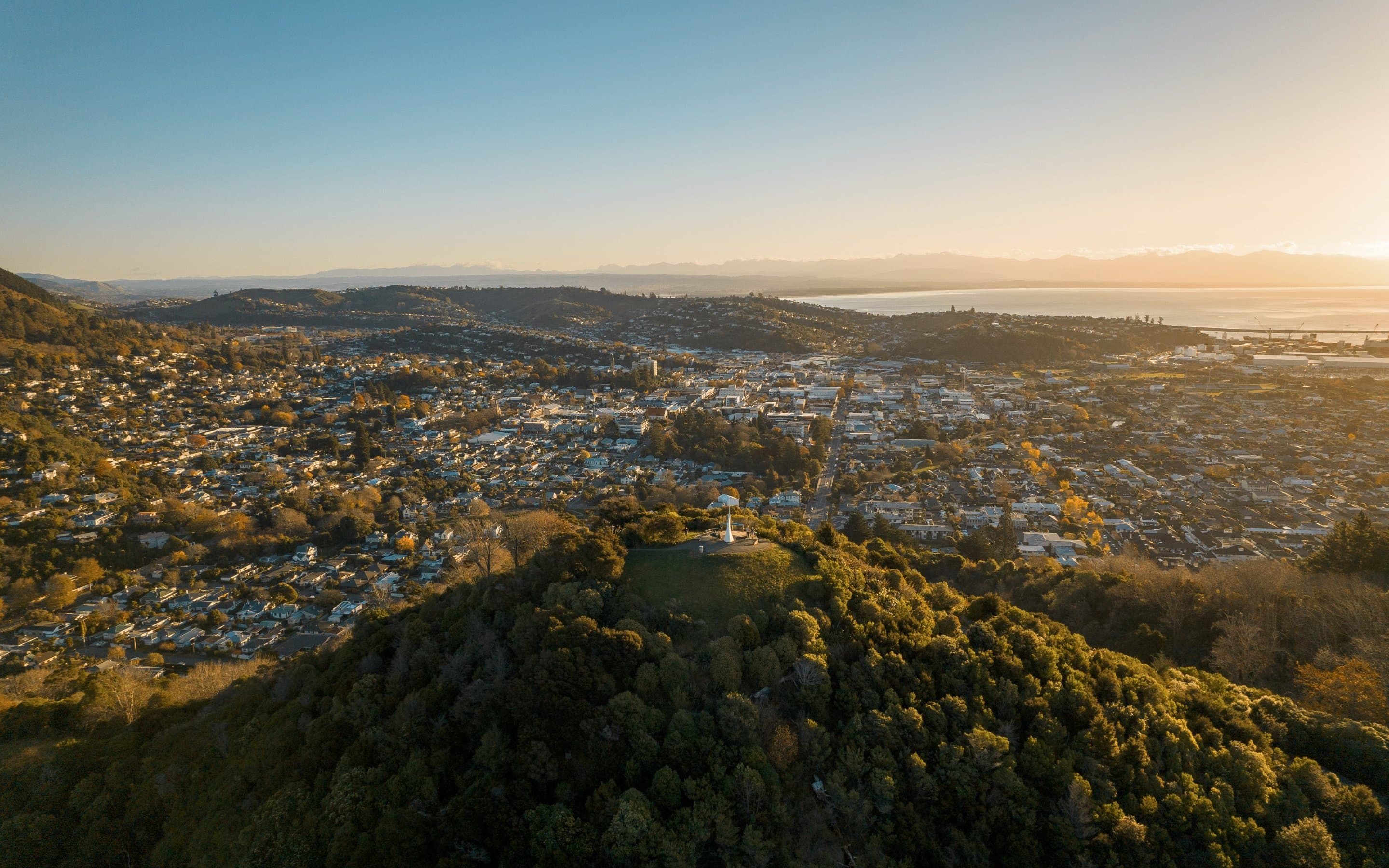

As a centre of innovation in the South Island, doing business in Nelson Tasman is easy. Innovators and incubators are bred here in a brilliant little city or out in our vast and sprawling regions, surrounded by vibrant scenery and inspirational resources.
Nelson Tasman is full of business success stories, from established companies to exciting new start-ups. There’s a high percentage of side hustlers who spark innovation, fresh thinking and new ideas. Intergenerational forward thinking is a huge priority in our region, led by entities with intergenerational strategies for prosperity; showing just how progressive we are.

Looking to start a new venture, grow your current one, or take your business in an innovative new direction? Our Business Support team are dedicated to helping businesses to reach their full potential.

With a diverse, stable and growing economy, Nelson Tasman is a place where businesses can flourish and our ‘can-do’ attitude drives opportunity and success.

Nelson Tasman has an enviable base of well-established, regional specialist economic sectors which provide unique and competitive investment advantages and opportunities.

Our region is home to a wide network of professional communities and industry associations, with a culture of collaboration and innovation offering endless opportunities for individuals, businesses and investors to connect.